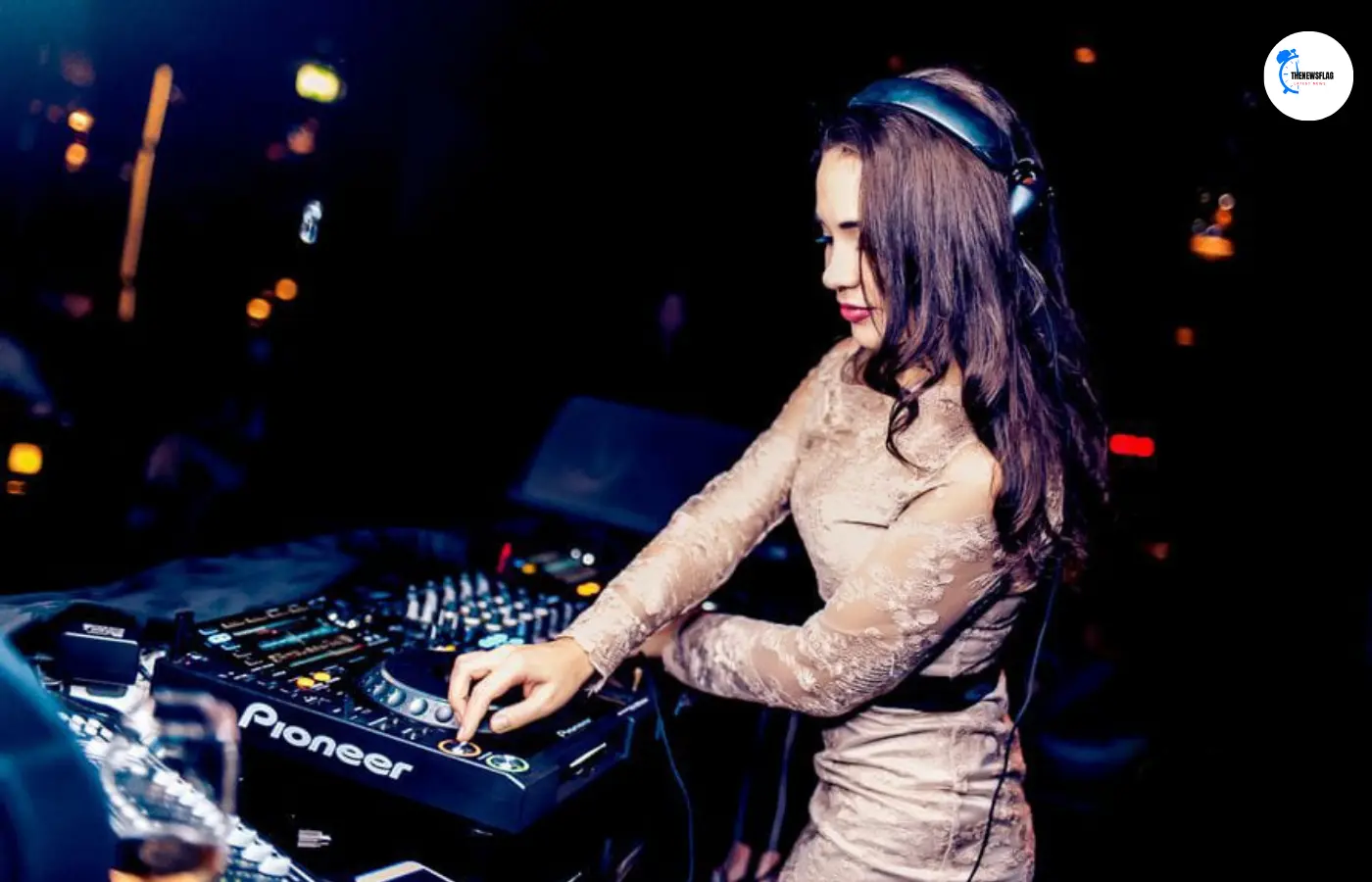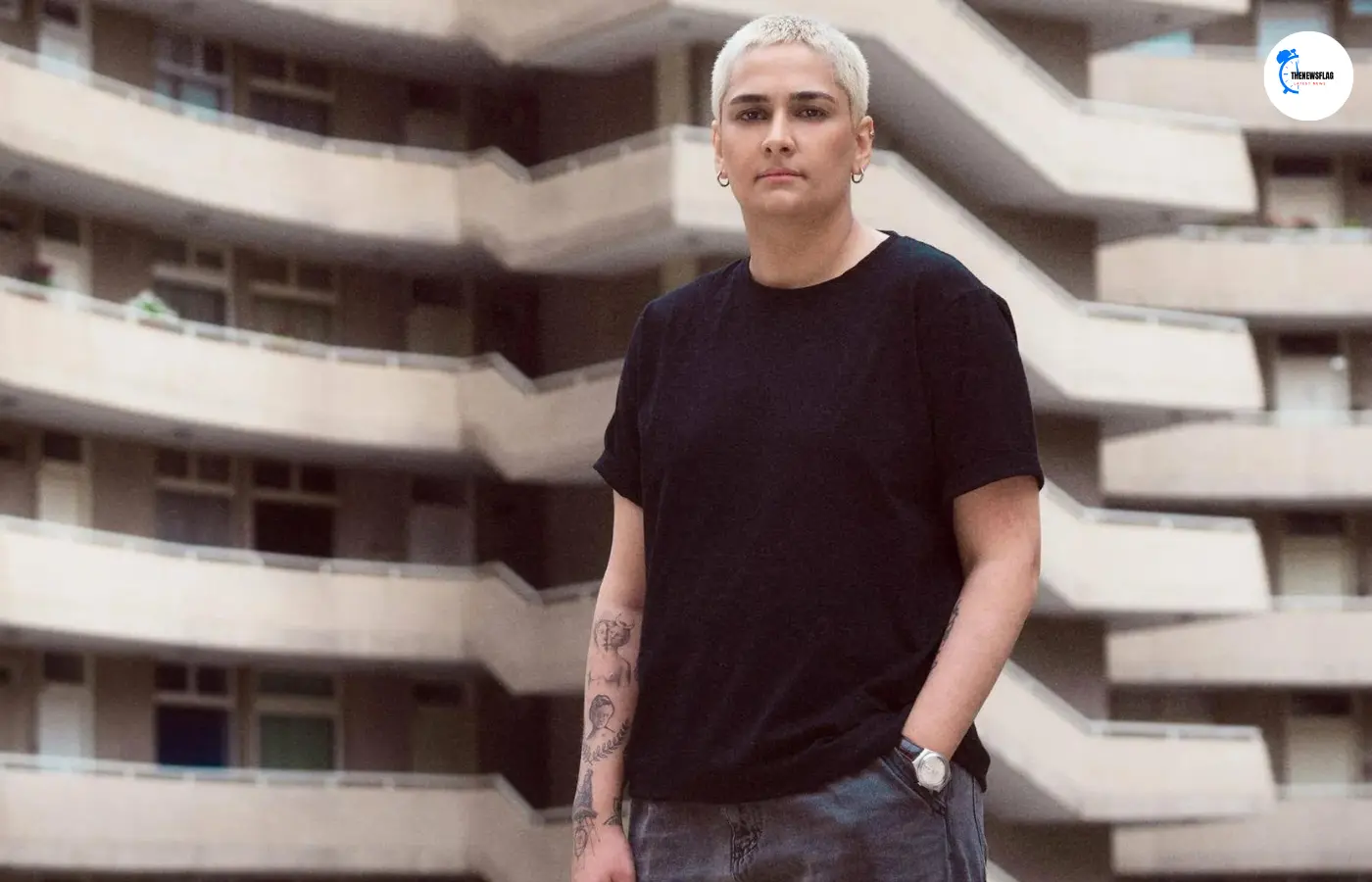The female Iranian DJs are shattering stereotypes and upending the dance floor: Even though mixed-sex parties are forbidden in Iran, they nonetheless take place far from the morality police’s inquisitive gaze, and some of the female DJs who get the audiences dancing also defy taboos and cross cultural borders.
The Islamic Revolution of 1979 in Iran completely changed the cultural landscape of the nation.
Since pop music was outlawed because it was thought to be non-revolutionary, many artists left. Women were forbidden from singing, or practicing haram, at the same period.
Read Also:
-
At ninety-two, Rupert Murdoch becomes engaged. Who is his girlfriend,
-
LinkedIn asserts that premium business brought in $1.7 billion in revenue.
A booming cabaret and pop culture vanished virtually overnight. However, certain things carried on as before behind closed doors.
“Indecent” music CDs and cassettes were surreptitiously sent to people’s homes after being smuggled into the nation from overseas. Then the lights would go down and living rooms would turn into dance floors after supper.
“At every mehmooni [family party], I was the dancing star,” recalls Paramida, who is currently a DJ, producer, and record label owner residing in Berlin.
Because she didn’t want her daughter to live in a nation “where women were treated so badly,” Paramida’s mother left Iran. She was against several constraints, the obligatory hijab being just one of them.

After settling in Germany, she was forced to return in 2002 due to family matters, and Paramida attended school in Tehran for four years. Soon, she began going to underground parties in addition to dancing at home.
“Everyone dispersed into different automobiles, with lads in some and girls in others. We left the city in our car. After that, we simply put up some music and lights, and everyone started dancing,” adds Paramida.
In Iran, a new form of party culture started to emerge in the late 1990s. Illegal satellites brought music channels like MTV with them, and soon after, an underground party scene developed.
“I went to a party for the first time and there was a DJ playing house music,” recalls 40-year-old DJ Nesa Azadikhah, who was reared in Tehran.
“I was looking at him all the time and thinking to myself: ‘I would like to have that job.'”

Nesa was among the first Iranian women to DJ at underground “free parties” a few years later. These were private, invite-only events featuring house and techno music.
The parties were usually held in the ski hamlet of Shemshak in the early years; it was called “Shibiza” after the Spanish island of Ibiza and its well-known club culture.
However, it’s illegal to party in Iran. Even though it’s not against the law, people are routinely caught at covert events and accused of drinking alcohol or mixing with non-binary individuals—violations that include fines, jail time, or even whippings.
Read Also:
-
Dragon Ball: Akira Toriyama, the Japanese manga creator, passes away
-
Kangana Ranaut Emergency Release Date: After Kangana’s 10 flop films, now
Although the annual number of these types of arrests is unknown, local news outlets reported that 300 partygoers were arrested at one underground event in November of last year.
A few days prior, on March 5, it was announced that a minimum of eleven students from a prestigious institution had been arrested at a mixed-gender celebration and faced a three-semester suspension.
“I was always cautioned by my parents that it would be trouble if the cops caught me at a party. This made me wary,” Nesa explains.
She and Paramida have never been taken into custody for going to raves. It’s possible, though, that Iranian musicians’ lives were influenced by their continual sense of danger as children.

It’s one of the reasons the two DJs feel a connection to the women’s movements that have been a part of progressive cries for change in Iran for the past 45 years, especially after Mahsa Amini, 22, died in police custody after it was alleged that she was wearing her hijab too loosely.
The thousands of demonstrators chanting “Woman, Life, Freedom” when protests spread across Iran in 2022, according to Paramida, moved her.
“That [movement] gave me hope that there is a bond between all of us women,” she explains.
Nesa launched the Woman, Life, Freedom Project, a compilation of electronic music by female Iranian artists, with fellow Iranian DJ Aida.
Nesa and Paramida agree that, in a conservative and religious nation like Iran, a lady attending an electronic underground party is making a political statement.
“When we start doing the things we are interested in, we are effectively breaking the rules because the majority of those things are either forbidden or taboo. Those actions become protest and disobedience, Nesa tells BBC 100 Women.
“The fact that I can do what is forbidden for so many women in Iran makes me a living protest,” Paramida adds.
Although it is well known that men predominate in the dance music industry worldwide, things were far worse when Paramida and Nesa began DJing in the 2010s.

Although it is well known that men predominate in the dance music industry worldwide, things were far worse when Paramida and Nesa began DJing in the 2010s.
“The sexism is still there, it’s just different,” notes Nesa, who has seen the scene transform as the first female DJ to succeed in Iran. She claims that there are currently at least ten more female DJs working in the nation’s underground party scene.
“All my life I’ve been told, ‘You can’t do this, you can’t do that because you are a woman,’ and I’ve been like, ‘I can, and I will show you,'” Paramida says.
“By the age of 25 I was DJ-ing at the best underground parties and had my record label,” she says.
Eventually, she was allowed to travel abroad. “I received an invitation to perform in Yerevan, Armenia, in 2017.” The club was really busy, and I got a great response,” she adds.
With the help of a Global Talent visa program, she now has a one-year resident permit in France.
As Nesa gets ready for a gig in Liverpool, she remarks, “I feel like I have to work harder and faster now that there is more competition here.”
Although Paramida hasn’t been to Iran since 2006, she currently performs in bars and festivals in Japan and Brazil. She met with BBC 100 Women while getting ready for a show at one of the well-known clubs on the island.
“One of my biggest dreams is to be able to go back and throw a party in Tehran!” she declares. “How amazing would that be?”
Nesa agrees with the statement.
“Playing outside Iran is liberating, I don’t have to worry about being arrested,” she said.
“But no other place has the vibe of the underground parties of Iran.”





